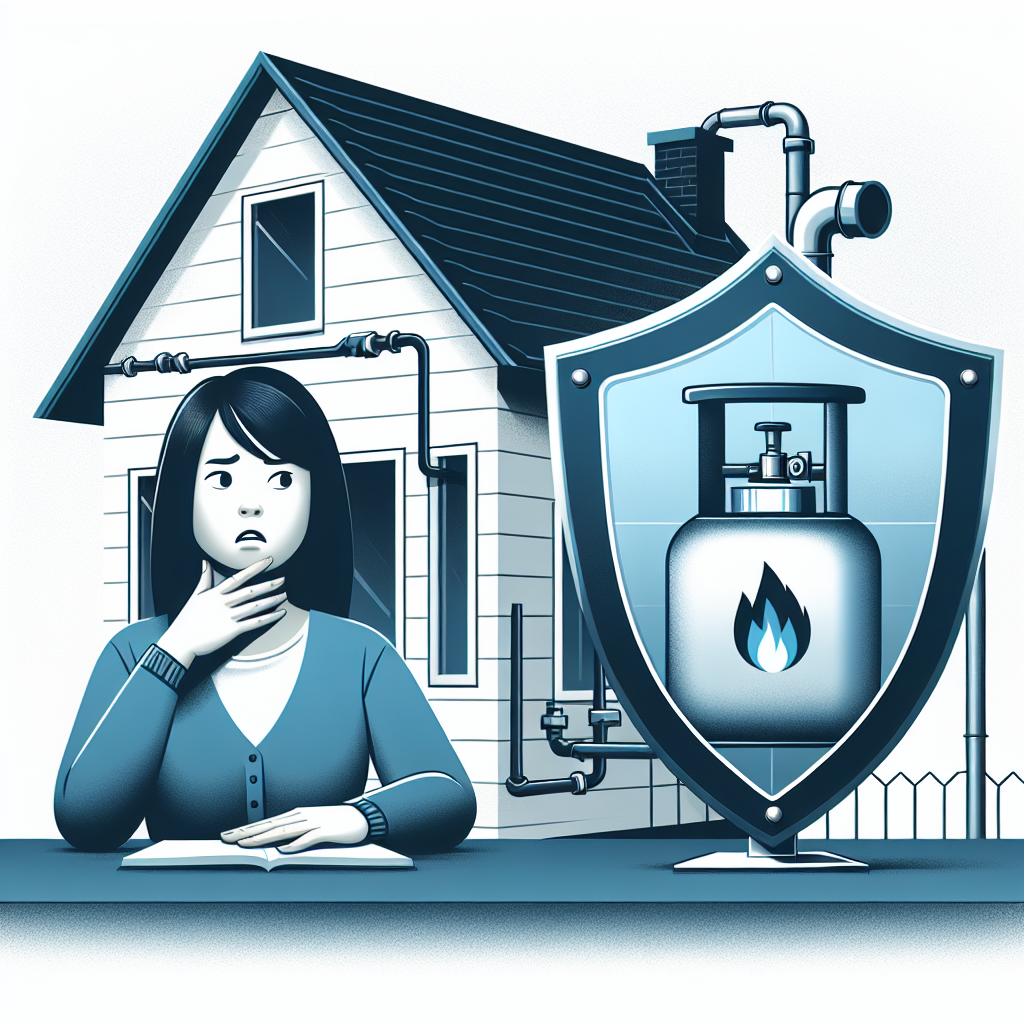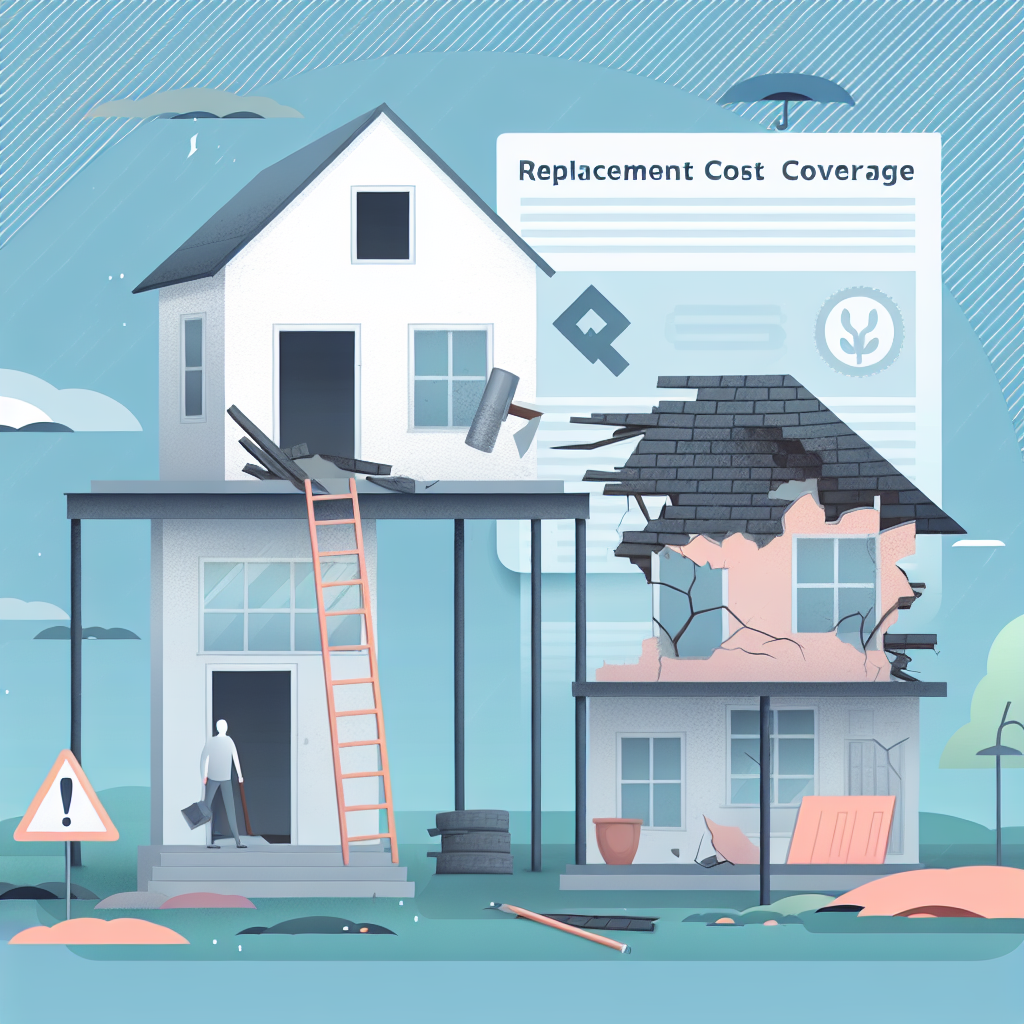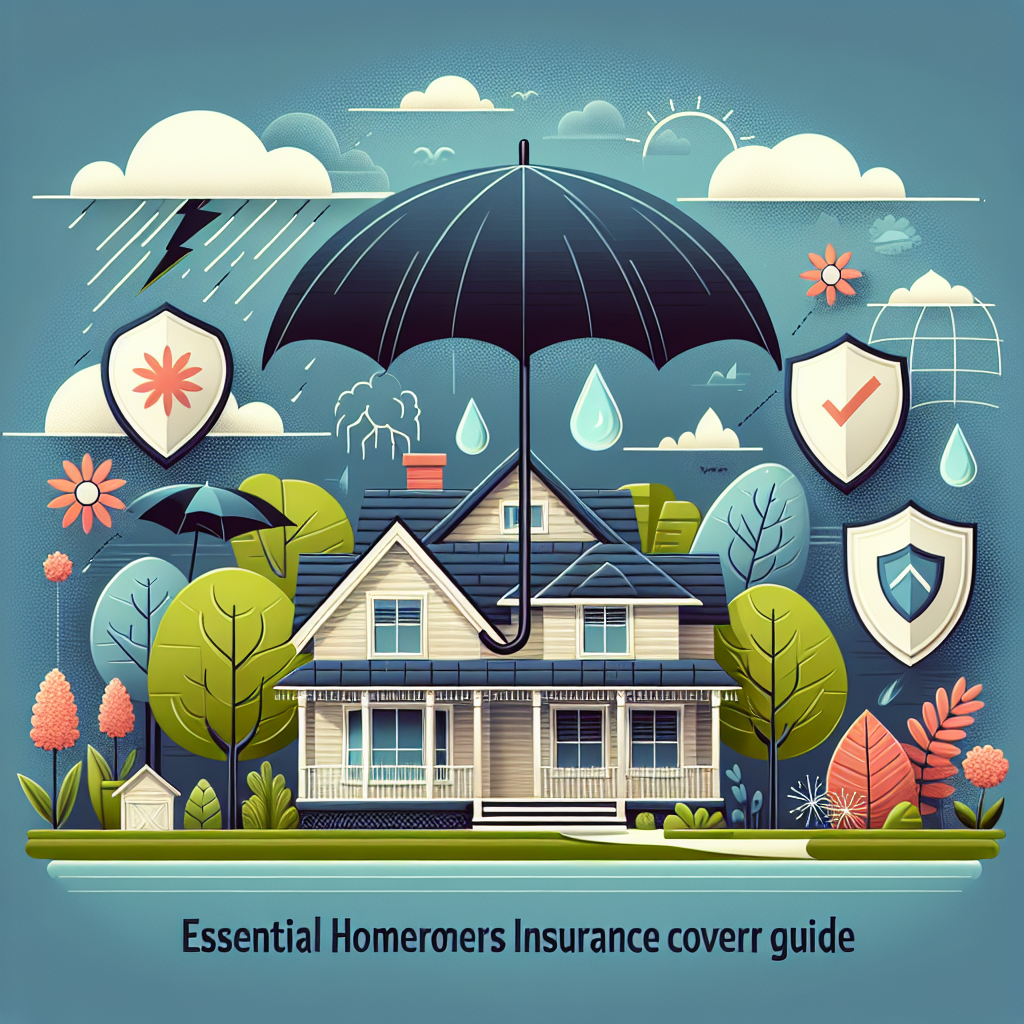Filed under Home Insurance on
Does Home Insurance Include Coverage for Gas Leaks?

As a homeowner, ensuring that your investment is adequately protected is a top priority. One aspect that often goes under the radar is understanding what your home insurance policy covers in case of various hazards. A pertinent question that many homeowners face is: does home insurance include coverage for gas leaks? Gas leaks can pose significant safety risks and financial burdens, making it crucial to understand your policy comprehensively. Exploring this topic, we’ll delve into the details of home insurance coverage, assess scenarios involving gas leaks, and provide key insights to help you make informed decisions.
Understanding Home Insurance Basics
To grasp whether home insurance includes coverage for gas leaks, it’s essential first to understand what a standard home insurance policy generally covers. Usually, homeowners insurance consists of different types of protection:
- Dwelling Coverage: Protects the structure of your home, including walls, roof, and built-in appliances.
- Personal Property Coverage: Covers personal belongings in your home, such as furniture and clothing.
- Liability Protection: Offers protection if someone is injured on your property or if you accidentally damage someone else’s property.
- Additional Living Expenses: Covers the cost of living elsewhere temporarily if your home becomes uninhabitable due to a covered hazard.
These components provide a comprehensive safety net for a range of potential issues. However, the specifics can vary widely based on the policy and provider.
Does Home Insurance Cover Gas Leaks?
Determining if home insurance includes coverage for gas leaks involves examining the policy specifics. Typically, the answer hinges on several factors:
Accidental vs. Negligence
Most home insurance policies cover damages due to sudden and accidental gas leaks. If a gas leak occurs due to unforeseen circumstances, such as a faulty pipe or spontaneous equipment failure, it will likely be covered. However, if the gas leak results from neglect, such as lack of maintenance or ignoring repair needs, the insurer might deny the claim.
Damage vs. Prevention
It's important to differentiate between coverage for damage caused by gas leaks and prevention of leaks. While the insurance might cover the aftermath damage related to a gas leak, such as fire or explosion, it typically does not include the cost for preventative measures or repairs to avoid leaks unless otherwise specified in the policy.
Impact of Gas Leaks: Why Coverage Matters
Understanding the risks associated with gas leaks underscores the importance of having potential coverage. Gas leaks can lead to dangerous situations including explosions, fires, and poisoning. The aftermath might entail extensive property damage and exorbitant medical or legal expenses if injuries occur.
When such incidents occur, having a home insurance policy that potentially covers gas leak damages can alleviate the financial burden and help you focus on resolving the immediate concerns effectively.
What to Consider When Reviewing Your Policy
Given the complexities involved, careful review of your home insurance terms is advisable. Consider the following when evaluating your coverage for gas leaks:
- Review Specific Clauses: Look closely at the exclusions and specific endorsements in your insurance policy to understand what is covered regarding gas leaks.
- Consult with Your Insurance Agent: An experienced agent can help clarify ambiguous terms and suggest necessary policy adjustments to ensure comprehensive protection.
- Maintain Proper Records: Retain records of regular maintenance and inspections of gas-related appliances as proof of diligence in maintaining home safety.
Industry Trends and Expert Opinions
The landscape of home insurance and the inclusion of coverage for gas leaks are evolving. Industry experts emphasize the importance of understanding individual policy terms and keeping abreast of changes or additions that insurers might offer:
- Enhanced Coverage Options: Some insurance companies are expanding their offerings to provide optional endorsements specifically for gas leak prevention and mitigation.
- Technological Integration: Emerging technologies such as smart home detectors can improve safety measures, possibly influencing insurer offers and reducing premiums or claims if such devices actively prevent disasters.
According to insurance expert John Doe, “Homeowners must actively pursue a thorough understanding of their insurance coverage. Avoid assuming that your policy automatically covers everything. Speaking with your insurer regularly can reveal supplementary options that enhance your peace of mind.”
Steps to Take After a Gas Leak
In the unfortunate event of a gas leak, ensuring your safety and managing the situation effectively are immediate priorities. Here are essential steps to follow:
- Evacuate your property immediately along with all occupants to avoid health hazards.
- Notify emergency services and your utility company to securely address the gas leak.
- Document damages with photographs and detailed notes for insurance claims.
- Contact your insurer promptly to start the claim process and seek guidance on necessary documentation and evaluation procedures.
Following these steps ensures you address the situation safely while preparing for the potential financial implications.
Conclusion
In conclusion, while home insurance may cover damages from accidental gas leaks, the devil is in the details. Homeowners should diligently review their policies, consult insurance professionals, and consider preventative measures to fully protect their homes from unforeseen gas-related incidents. With the potential risks around gas usage, understanding your coverage is not simply a precaution—it’s a necessity for ensuring comprehensive protection of your home and peace of mind for you and your loved ones.



